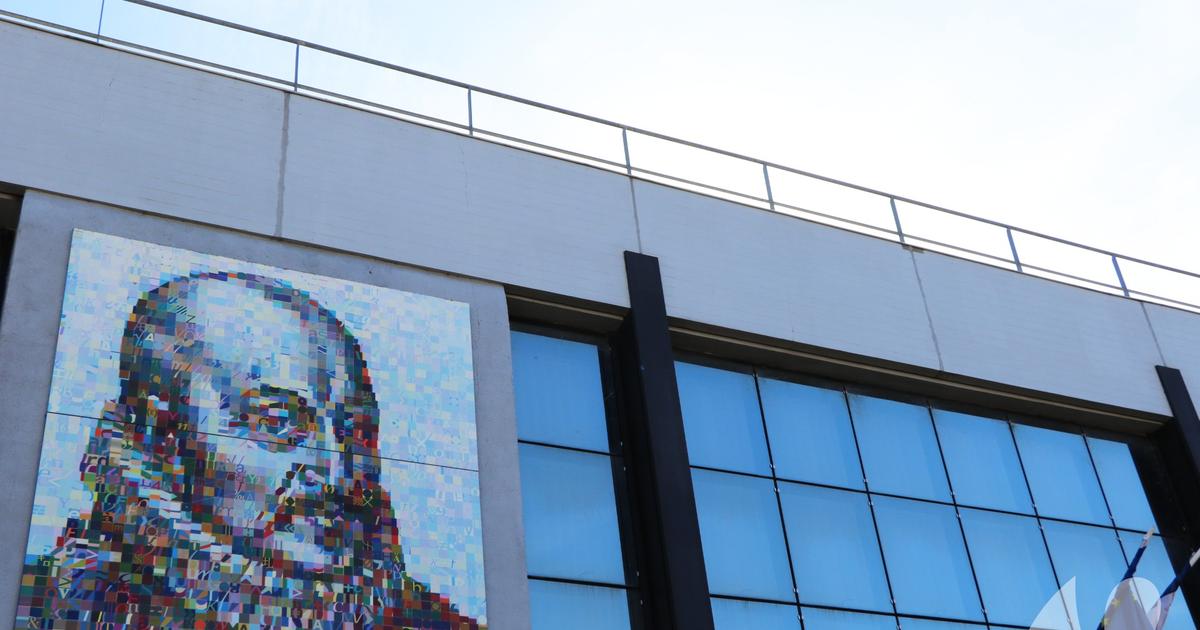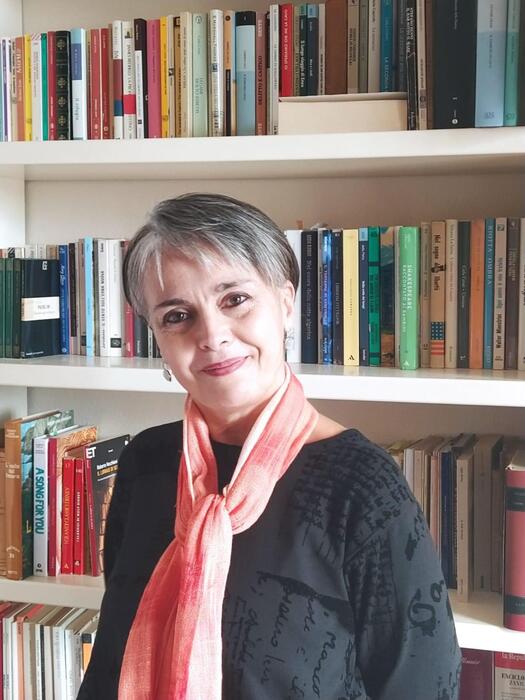After the long Corona break, there is now life on campus again.
The Weihenstephan-Triesdorf University of Applied Sciences is coming up with some innovations at the start of the semester.
Freising
- The Weihenstephan-Triesdorf University of Applied Sciences started the new winter semester on Monday of last week - with a presence.
After months of pandemic-related digital studies, life is returning to the Weihenstephan campus.
At the beginning of the lectures on Monday, around 1720 students began studying at the HSWT, 1190 of them in Freising, said Christine Dötzer from the university's press office.
A total of around 6090 students are enrolled at the HSWT.
In compliance with the 3G rule and a hygiene concept, courses are generally held in person.
The welcoming events for freshmen students will also take place on site this year.
Students benefit from the new brewing technology center
55 and 50 first-semester students are enrolled in the two new bachelor's programs "Agribusiness and" Organic Food & Business ", which the Faculty for Sustainable Agricultural and Energy Systems will be offering from this winter semester.
The students of the bachelor's degree in "Brewing and Beverage Technology" benefit from the newly built center for applied brewing and beverage technology on campus with immediate effect.
There, the brewing technology center, chemical-technical and microbiological laboratories as well as rooms for sensory tests are brought together under one roof and thus offer ideal study conditions.
(By the way: Everything from the region is now also available in our regular Freising newsletter.)
On the Triesdorf campus, the food management course of the Faculty of Agriculture, Food and Nutrition will start this winter semester in the field of "organic food production".
Here the students acquire specific skills for the organic food industry.
In addition, the HSWT welcomed two new professors to the Weihenstephan campus in September.
At the Faculty of "Sustainable Agricultural and Energy Systems", Prof. Dr.
Thorsten Haase the professorship “Plant Production Systems in Organic Agriculture”.
Prof. Dr.
Mircea Tric started at the Faculty of Bioengineering in the field of "Analytical Chemistry and Data Science".
+
Thomas Haase joins the Faculty for Sustainable Agricultural and Energy Systems.
© HSWT
Haase studied agriculture with a focus on crop production at the University of Kassel, where he then received his doctorate in the field of ecological agricultural sciences. After a professional station where he coordinated a project on nature conservation in organic farming, he devoted himself again to practical research on systemic questions of organic crop production, such as nutrient supply, variety selection and reduced tillage. The native of Middle Franconia then mainly headed the organic field testing department in the official advisory service for Hessian agriculture. He was responsible for setting up a new test site, which today serves to test and develop sustainable and practical cultivation methods for livestock organic farming.
“The challenge in applied research on organic farming is to translate practical questions into hypotheses and field tests in such a way that added value for agricultural practice as well as new scientific findings arise,” summarizes the 50-year-old.
"I'm looking forward to imparting sound knowledge to the HSWT students from this year's winter semester, which they can then apply directly in professional practice."
Expertise in analytics and chemistry
Tric completed the course in biological chemistry at the Mannheim University of Applied Sciences and, after working as a qualification engineer in a pharmaceutical company, completed a master’s degree in chemical engineering. In addition to his studies, he led tutorials in analytical chemistry and discovered his passion for teaching as well as his interest in his later doctoral topic, bioprocess analysis. After completing his doctorate at Heidelberg University, Tric worked as a research assistant and deputy laboratory manager in the Fraunhofer project group for automation in medicine and biotechnology. His focus was on the detection of sepsis biomarkers in the blood and the development of point-of-care devices. In addition, during this time he was a lecturer for instrumental analysis,Diagnostics and General Chemistry.
+
Mircea Tric conducts research at the university in the field of bioprocess and environmental analysis.
© HSWT
Tric's research will focus on the areas of bioprocess and environmental analysis.
About his entry at the university, the 37-year-old says: "In addition to research, it gives me great pleasure to impart specialist knowledge in analytics and chemistry to young people, so I am particularly looking forward to the upcoming face-to-face lectures."
(Ft)














